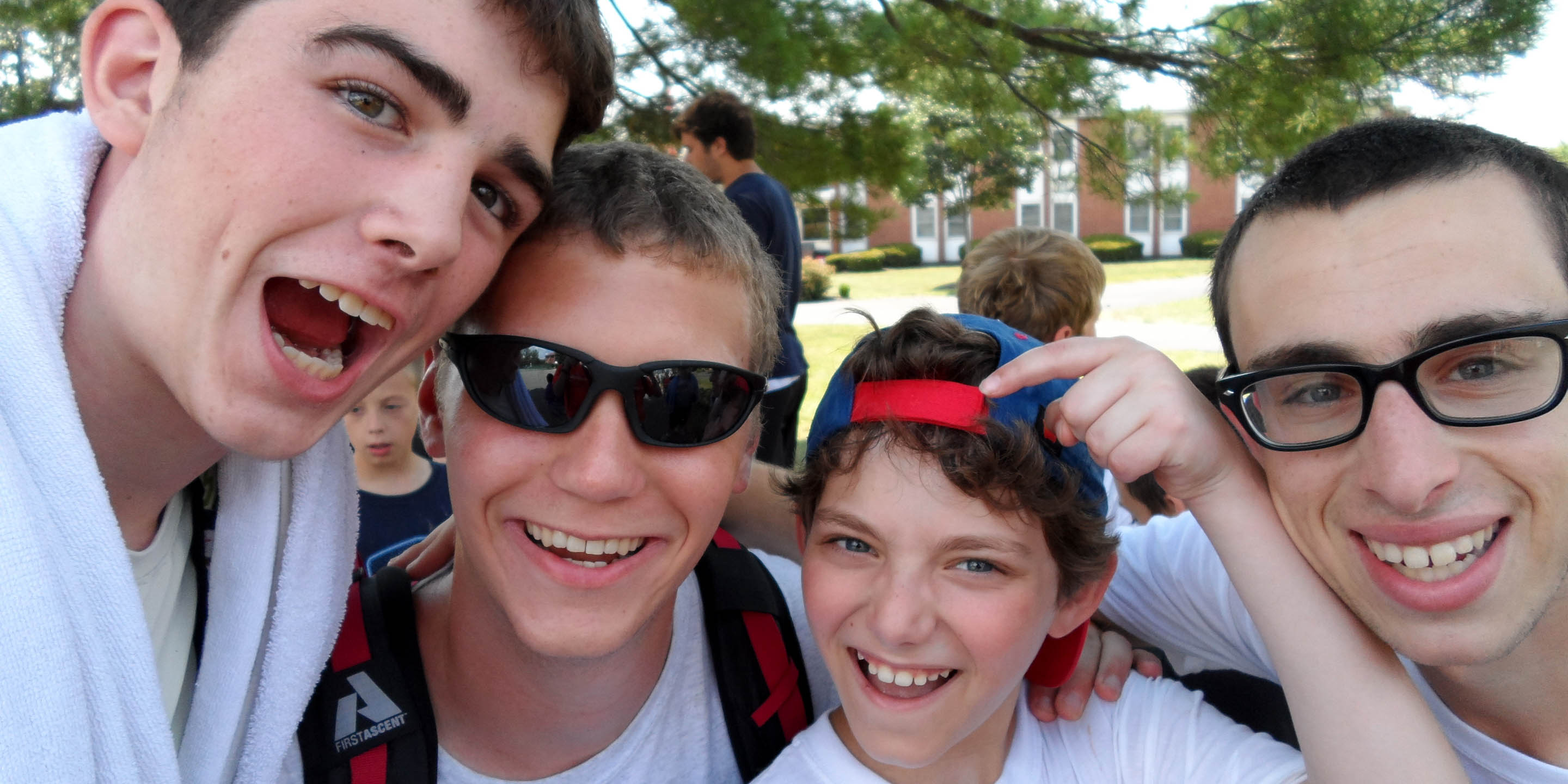

Prior to the pandemic, social-emotional learning (SEL) programs primarily consisted of face-to-face interactions. Often, students engaged in role plays, worked together to solve problems, and discussed emotions. As a school behavior specialist, I’ve witnessed firsthand the creativity and determination of educators and behavior support staff to improve the social and emotional wellbeing of their students while adhering to Covid-19 guidelines.
Helping Students Learn How to Better Cope with Anxiety
The most effective educators recognize that children are unable to process and retain information when they are consumed by anxiety. We as adults know the pandemic has increased anxiety for a variety of reasons. To counter rising anxiety levels, staff need to be more intentional with relationship building with students. Strong positive relationships play a crucial role in children’s ability to cope and be successful in school. Students may not be able to verbally express how they’re feeling.
Support staff and educators in my schools have been working with students to learn about emotions through the Zones of Regulation. Students have found success by learning the meaning of each zone and can more easily express how they’re feeling in the moment. After learning what each zone represents, adults can help children to choose coping strategies that work best for them. For younger kiddos, this can look like a coping skills “toolbox” that they can bring home to show their family or use in class.
Other students may benefit from a more discreet break card keychain they can keep in their desk and show to their teacher or parents when they are feeling overwhelmed. Break cards can include; listening to music, taking a walk, talking to a friend or trusted adult, drawing, or just simply taking a break from an activity.
Make Sharing Emotions into a Fun Game to Boost SEL Skills
One of the behavior support assistants I work with created an emotions recognition and zones of regulation activity for her students. Students are given a stack of laminated movie characters expressing varying emotions and the student is asked to sort the emotions into each of the zones. This is a prime example of an educator’s creativity not only helping students to gain SEL skills but also building a strong positive relationship. Students thoroughly enjoy the activity and think of it as a game. This activity can easily be customized by printing pictures of a child’s favorite cartoon characters and including pictures of family, friends, or teachers.
During a typical school year, social interactions among students or students and staff develop organically. This year, educators in the classroom and online have had to be more intentional. In the elementary classrooms I visit, this looks like playing social distant games that still allow students to engage with peers and staff. In one kindergarten classroom, this meant staff modeling how to play tic-tac-toe on a whiteboard and taking turns. A simple game of tic-tac-toe has helped to teach a variety of age-appropriate social-emotional skills. These students have practiced problem-solving and improved their frustration tolerance all while playing a game of tic-tac-toe. Adults are able to model sportsmanship when losing and congratulating their opponent. This quickly spread throughout the class and became a favorite end-of-day activity.
For older grades, tic-tac-toe likely won’t cut it but that doesn’t mean they don’t enjoy and benefit from playing games. Apples to Apples is a fun way for kids to work on perspective-taking as they predict how the judge of each round will respond to their card choice. This is a great family-friendly game that can easily be played at school or at home. Even popular games like “Among Us” have value in teaching social skills. As discussed in this article, incorporating Among Us into school can be a great way to engage with students. As teachers and parents attempt to limit kids’ screen time it can be helpful to turn kids’ favorite online games into in-person activities.
Learning How to Deal with Grief
Unfortunately, another adversity experienced by many students and families during the pandemic is the loss of friends and loved ones. For students, this might be their first loss of a close relative and they may not know how to cope. At school, staff have the opportunity to help students through their emotions. School counselors serve as an excellent resource for students to process their emotions while educators and support staff can help to give students grace and space.
Just as adults deal with grief differently, children do too and it’s important for adults in a child’s life to keep this in mind. A student who may not have been affected by a routine fire drill might now become dysregulated from this sudden change in routine and loud noise. Rather than forcing the student to immediately return to the classroom, support staff can offer a break. Although we aren’t all lucky enough to have Xena, Sequoia’s resident pawsitive support animal, available, students can benefit from time spent with animals when possible. My schools typically have a range of therapy dogs but these experiences have been truncated due to Covid, and our next best bet is taking students to look at the school’s fish tanks.
We Help Your Son Further Develop Their SEL Skills at Camp Sequoia
As always, we believe that continuity, communication, flexibility, and an individualized approach are key to setting kids up for success. We believe that it is important to connect our community with successful resources throughout the year that will serve our kids well beyond the time that they are at Camp Sequoia. It is this attention to detail that benefits our campers and allows us to be able to successfully promote student achievement outcomes regardless of the global pandemic. When many camps did not or could not open in 2020, Camp Sequoia did so 100% COVID free and are looking forward to our continued work in helping campers become the best versions of themselves this summer.
